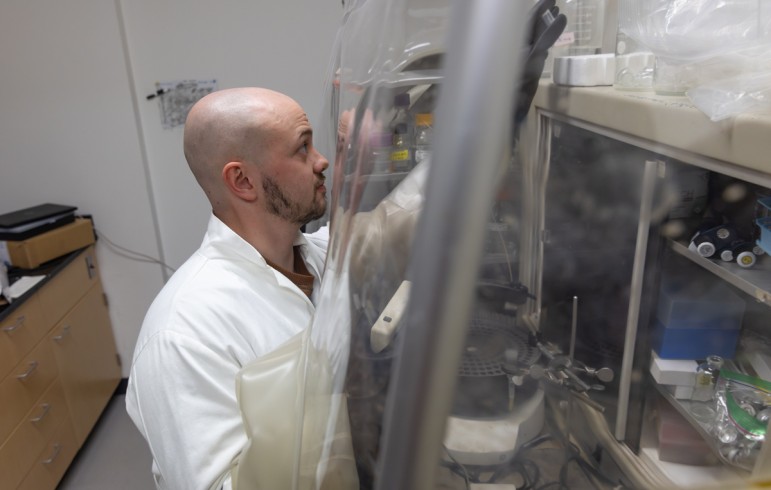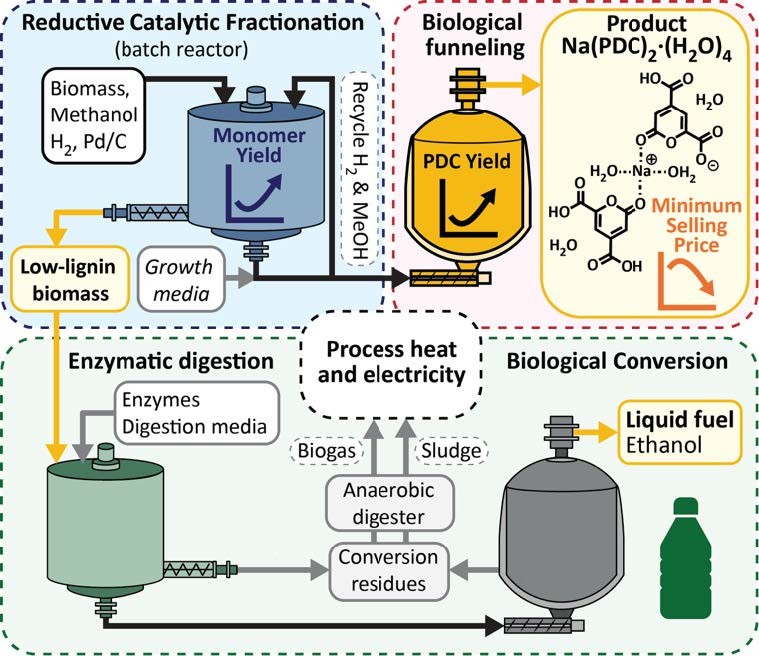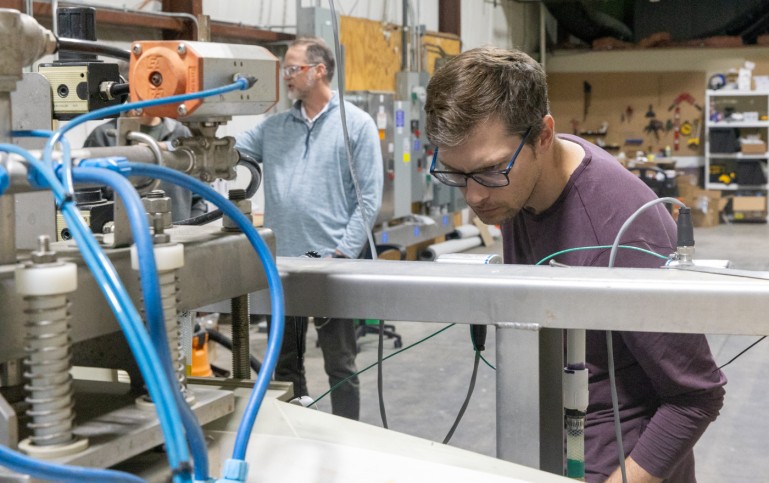As much as climate change is a national and global issue, it’s also a local one. On April 7, from 7:00-8:15 p.m., the Wisconsin Energy Institute hosted a panel of experts to discuss close-to-home actions to address the climate crisis in a free, online event.
The Wisconsin Energy Institute will host a panel of experts to discuss close-to-home actions to address the climate crisis in a free, online event on Wednesday, April 7, from 7–8:15 p.m.
Fossil fuel phase-out is at the heart of Morgan Edwards’ research.
Media coverage of WEI this month focused on discussions on Texas' winter energy crisis, how engine research ties into face mask efficiency, and a climate change campaign led by climate scientist moms.
The Quilt Blockers from Darlington, Wis. on March 6 stormed to the front of a pack of competitors from across Wisconsin and Northern Illinois to take first place in the 2021 KidWind Challenge high school division. That same day, the St.
For atmospheric scientist Tracey Holloway, it’s all about connection.
We checked in with François Alberge, a postdoctoral research associate in Tim Donohue's lab at UW–Madison to learn more about what inspires him, and the questions that drive his work at the GLBRC.



